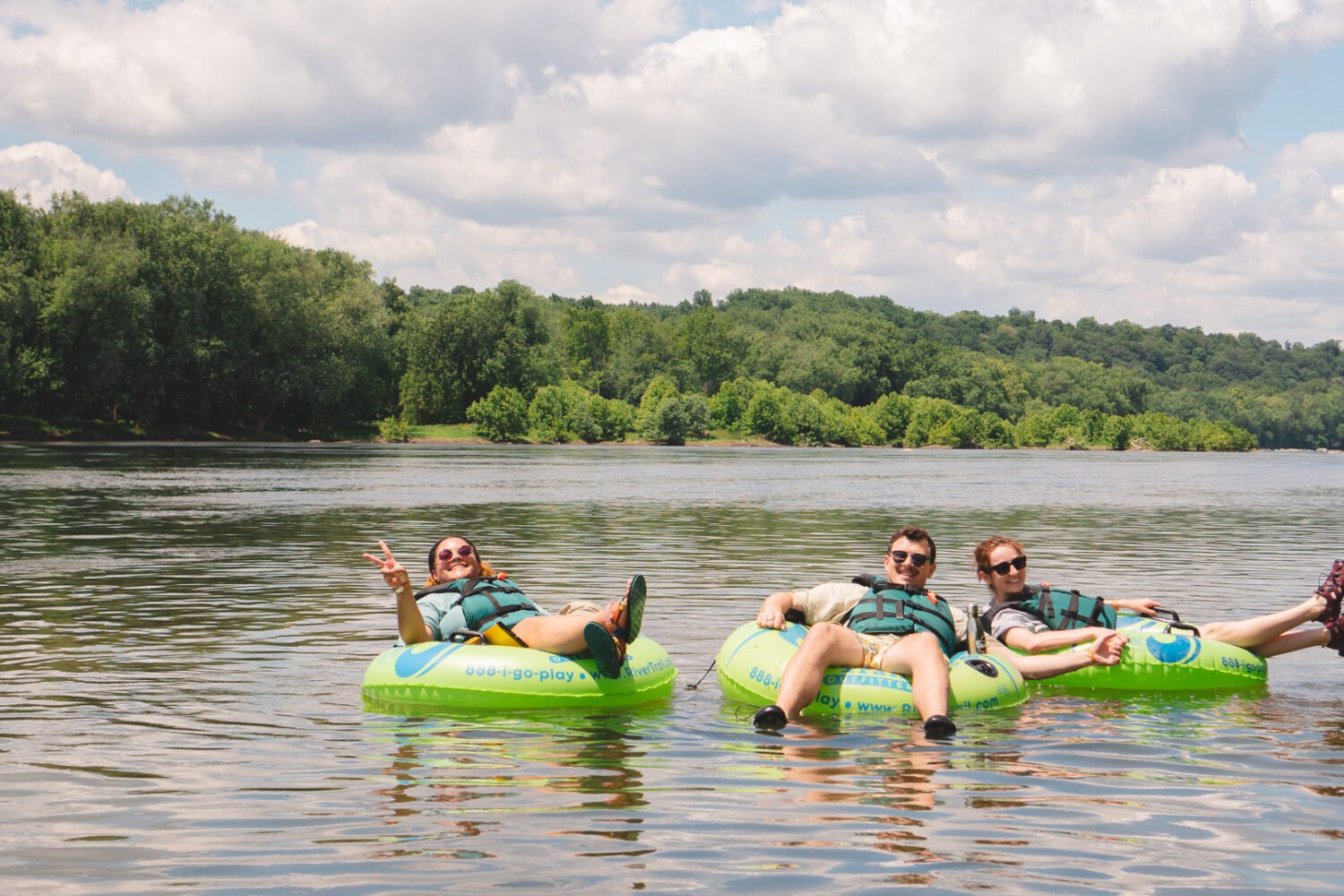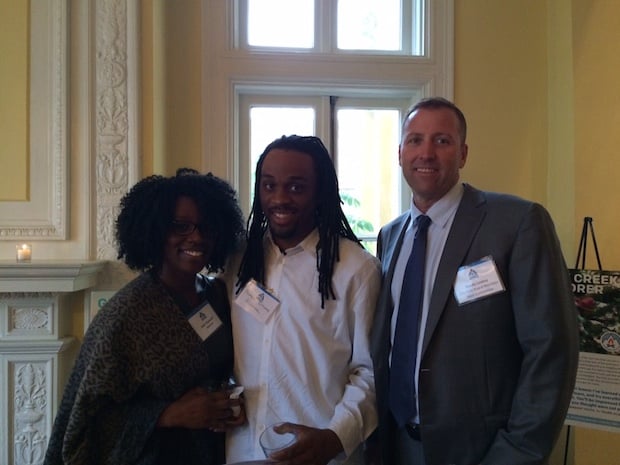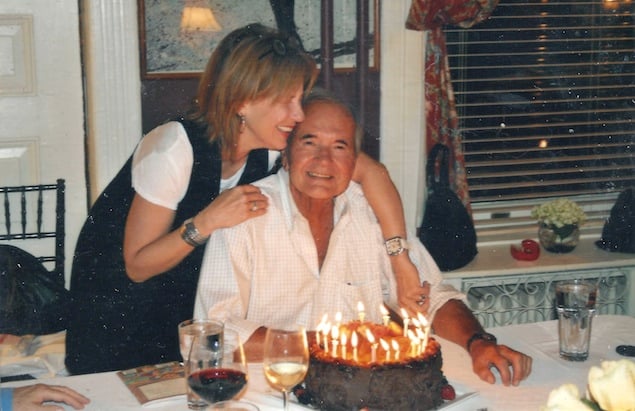The movie
Lee Daniels’ The Butler, about the life of
Eugene Allen, who served food and drinks at the White House from 1952 to 1986, is a wonderful
window on the 20th-century lives of African-Americans in Washington. Here’s a similar
window on Washington, this time down Pennsylvania Avenue at the US Capitol:
In 1949, soon after he was elected senator from Minnesota,
Hubert Humphrey took one of his staff,
Cyril King, to the Senators’ Dining Room in the Capitol to have lunch and talk of legislative
matters. When they got to the door, the head waiter blocked their entrance and said,
“Senator, we don’t serve Negroes.” Humphrey said he and his guest were going to have
lunch and proceeded to a table, where they were ignored. The head waiter had gone
to find senator
James Eastland of Mississippi, who headed the committee with oversight of the dining room.
Eastland begrudgingly gave in, and Senator Humphrey and King were served. King, a
native Virgin Islander, was later named by
John Kennedy, at Humphrey’s urging, to be government secretary, the second highest position in
its government. In 1974, King was elected governor of the Virgin Islands.
In 1949, at the time of the Senate restaurant incident, King is thought to have been
the only African-American on the professional staff of any United States senator.
In 1964, Senator Humphrey was elected Vice President, and in the next four years he
dined often at the White House. Eugene Allen and Vice President Humphrey were together
at the White House when President Johnson signed the historic civil rights bills of
1964 and 1965.
Norman Sherman first worked for Hubert Humphrey as a volunteer in Humphrey’s 1954
reelection campaign. He worked in Humphrey’s 1960 effort against John Kennedy to secure
the Democratic presidential nomination and joined Humphrey’s Senate staff in 1963.
He was Humphrey’s press secretary through most of his vice presidency and during the
1968 presidential campaign. He later edited Humphrey’s autobiography.









